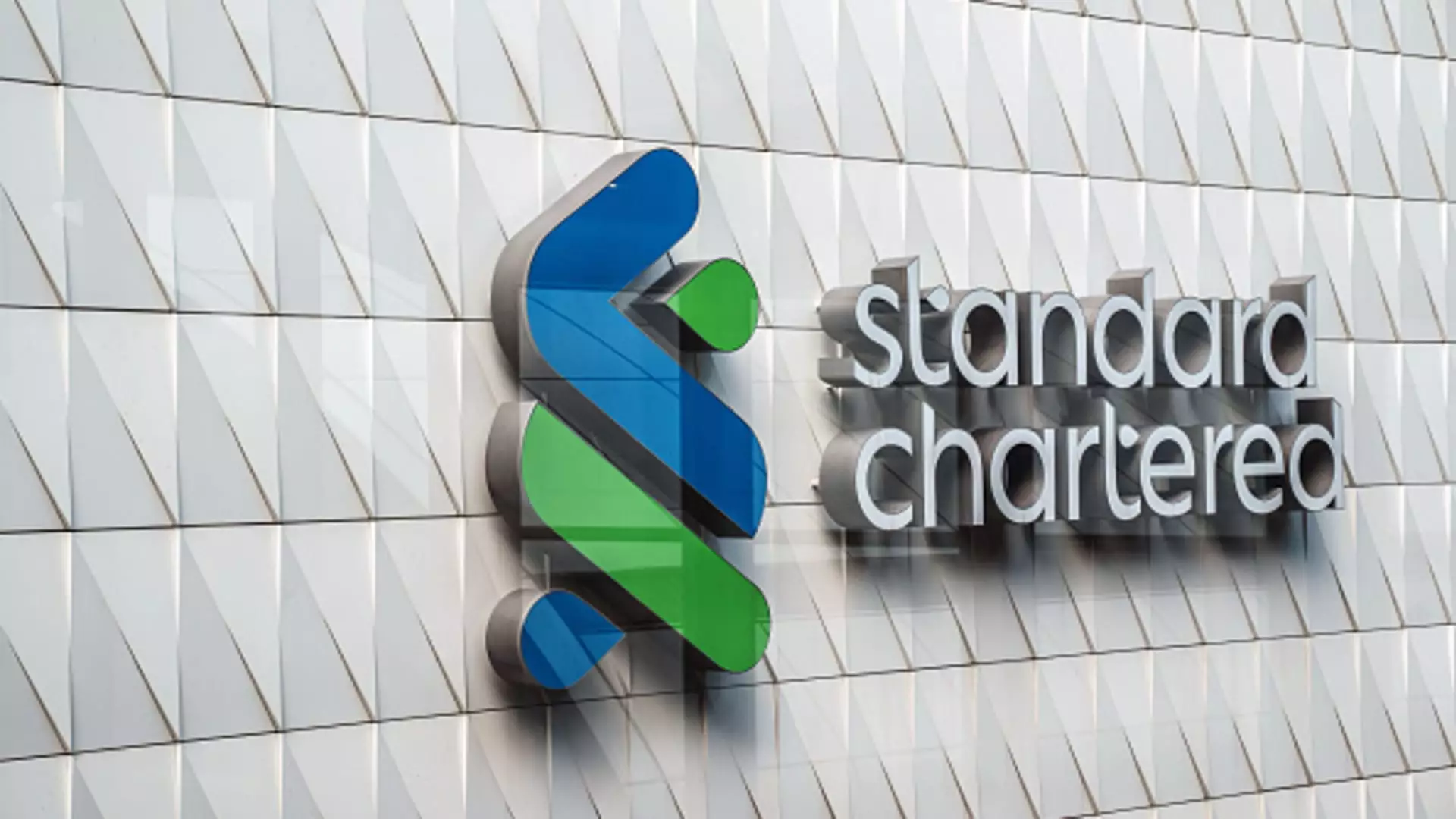Allegations of Standard Chartered Bank helping to finance sanctioned Iranian entities and terrorist groups have surfaced, raising concerns about the bank’s compliance with international sanctions. The bank, which has been fined over $1.7 billion for previous violations, denies running transactions for designated terrorist organizations. Former employee turned whistleblower Julian Knight has provided court filings claiming that US officials ignored evidence of more significant wrongdoing by the bank. These allegations suggest that Standard Chartered may have facilitated billions of dollars in transactions for Iran and various terrorist groups, including front companies for the Revolutionary Guard and Hezbollah.
The court filings by Knight allege that the US government misled the legal system by dismissing his whistleblower case against the bank in 2019. Despite presenting evidence of ongoing sanctions breaches by Standard Chartered, including transactions involving Iran well beyond 2007, the authorities claimed that the claims did not lead to the discovery of any new violations. This raises questions about the diligence of US officials in investigating potential financial crimes and holding banks accountable for their actions.
The case of Julian Knight highlights the challenges faced by whistleblowers in exposing corporate misconduct. Despite providing confidential bank statements and detailed evidence of illegal transactions, Knight’s claims were dismissed as meritless by the court. This raises concerns about the protection of whistleblowers and their crucial role in uncovering financial crimes. The fact that Knight has now asked for the reinstatement of his case indicates a lack of transparency and accountability in the handling of such allegations.
The allegations against Standard Chartered Bank have implications beyond the financial sector, as they involve potential support for terrorist organizations. The bank’s clients reportedly include front companies for Iran’s Revolutionary Guard and Hezbollah, raising concerns about the flow of funds to groups engaged in violent activities. The involvement of US authorities in dismissing the claims against the bank also suggests a lack of proactive action in combating international terrorism financing.
The allegations against Standard Chartered Bank point to broader issues of regulatory enforcement and corporate accountability. The failure of US authorities to thoroughly investigate the claims made by whistleblowers like Julian Knight raises questions about the effectiveness of current oversight mechanisms. It is essential for financial institutions to comply with international sanctions and anti-money laundering regulations to prevent the misuse of the global financial system for illicit purposes. The outcome of this case will likely have implications for the future regulation of banks and the protection of whistleblowers in exposing financial crimes.

